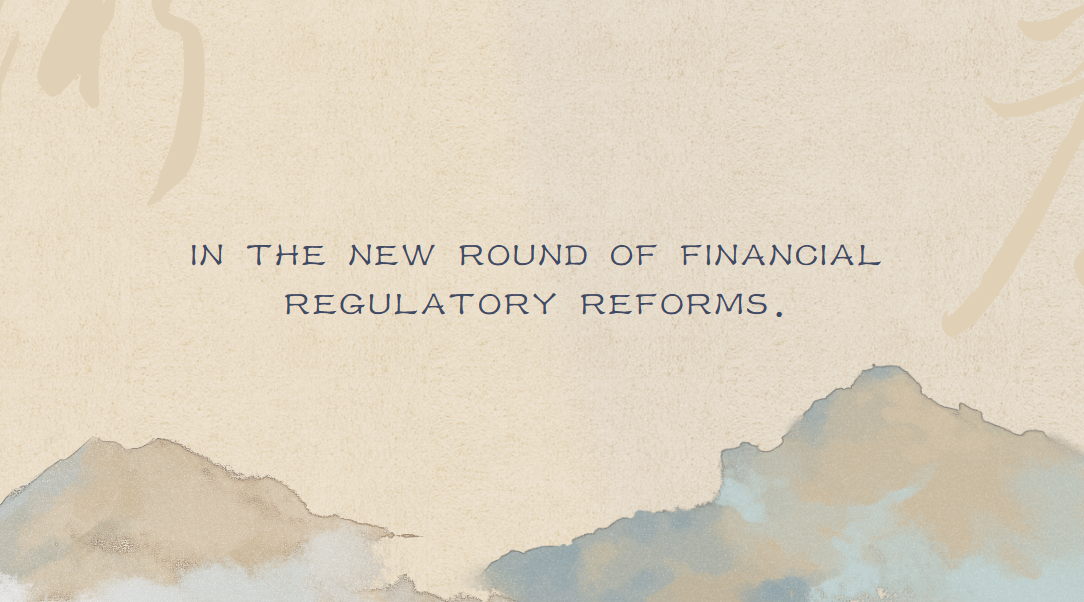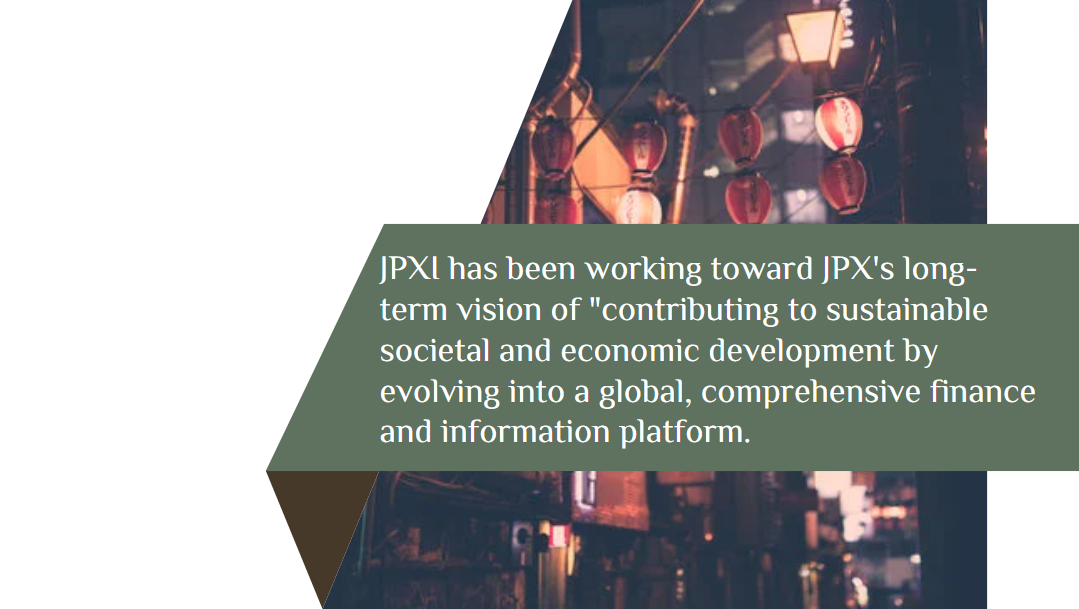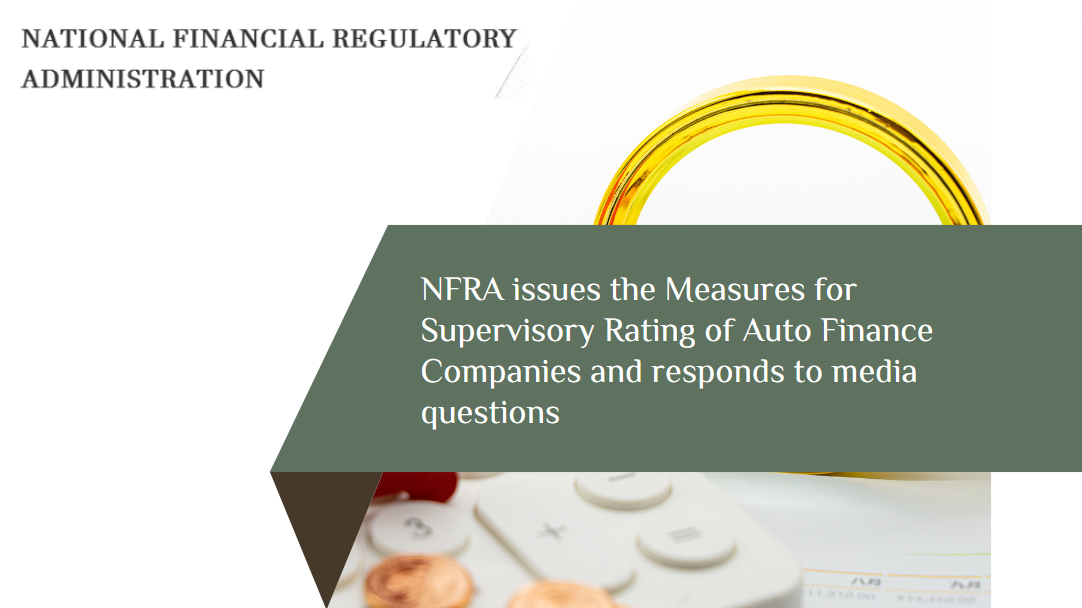Keynote Address at Climate Business Forum: Asia Pacific
Good morning everyone,
1.It is my great pleasure to welcome you all to the Climate Business Forum: Asia Pacific, co-hosted by the International Finance Corporation (IFC) and the Hong Kong Monetary Authority (HKMA). For those of you coming to Hong Kong from overseas, I would like to extend a very warm welcome to you all and I hope that apart from this Forum you can find time to enjoy our lively and vibrant city.
2.Today’s forum is the anchor event of the first Hong Kong Green Week. It brings together top executives and thought leaders in Asia Pacific and provides a platform to facilitate the exchange of ideas and knowledge, and the building of new networks and relationships. We hope that all these will help incubate new business opportunities and contribute towards addressing the bigger issues of climate change and sustainability.
3.Sustainability has always been a very complex and challenging issue. But sometimes, as we live in a complex world, we are distracted by other more eminent issues, whether it is market volatility, a pandemic, or the complex geopolitics we are facing. But climate change is not a problem that will go away on its own. In fact, it has become increasingly pressing and also intertwined with other global challenges that we face.
4.The APAC region is highly vulnerable to the impact of climate change. According to a report by the United Nations Development Programme, Asia-Pacific countries experienced, on average, six natural disasters a year over the last 30 years – which is about twice as many as developing countries of Latin America and the Caribbean, and about three times as many as in sub-Saharan Africa. The region has seen an escalation in the intensity and frequency of extreme weather events, a decline in biodiversity, rising sea levels, and an increase in climate-induced disasters.
5.Asia Pacific is also a key contributor to the problem, as we are producing more than half of the world’s carbon dioxide emissions. And for the region as a whole, we need to reduce emissions, adapt to climate change, build resilience, and embrace innovation. It is not just about addressing a global issue that affects everyone, but also about protecting and helping our own people in Asia. This need does not suggest a regression in our developmental progress or a stagnation of growth, as long as we can find the right balance between addressing climate change and maintaining socio-economic development. Yes, it would be a difficult, long, and winding journey, but we hope that this two-day forum will contribute to charting the right path through it.
6.Here in Hong Kong, our emissions are very small given our small physical size, but we are committed to doing our part and will aim to achieve zero carbon emissions by 2050 through four main decarbonisation strategies: "net-zero electricity generation," "energy-saving and green buildings," "green transport," and "waste reduction".
7.As an international financial centre, the gateway linking up Mainland China with the rest of the world, as well as Asia’s sustainable finance hub, we can do a lot more in climate finance. In fact, Hong Kong has been actively contributing to the region's transition by supporting sustainable financing, fostering innovation, and promoting thought leadership.
8.As part of these strategies, the Hong Kong financial regulators have implemented various initiatives to promote sustainable finance and support the transition to a low-carbon economy. For example, we have established the Green and Sustainable Finance Cross-Agency Steering Group to coordinate the effort across the whole financial sector, whether it is banking, securities, or insurance, to green our financial system. We have also introduced the Green and Sustainable Finance Grant Scheme to provide financial incentives to eligible bond issuers to take up sustainable financing. We have set up the Hong Kong voluntary carbon market, and also released new guidelines on climate-related disclosure of climate- risks and opportunities. So a lot has been done and there will be more coming, including the Hong Kong Taxonomy.
9.In 2022, more than one-third of the Asia region's green and sustainable bonds and loans were arranged in Hong Kong, reflecting our increasing prominence in sustainable finance. The annual issuance of green and sustainable debt in Hong Kong has also seen remarkable growth in the last few years, expanding from just US$12 billion in 2020 to more than US$80 billion in 2022, a six-fold increase in just two years. Our financial industry has taken significant steps to integrate ESG considerations into their governance structures, strategic decision-making, risk management practices, and disclosure processes.
10.We are also keen to join hand with like-minded peers like many of you here today. The IFC and HKMA have had a longstanding partnership on climate investments and also regional transition activities. We are also working with the Glasgow Financial Alliance for Net Zero (GFANZ) to set up a Hong Kong Chapter, and are inaugural members of the Capacity-building Alliance of Sustainable Investment (CASI), and the Green Investment and Finance Partnership. All these partnerships are formed to ensure that economies, big and small, all have the opportunity to play their part and are not left behind in the transition to ensure a just, orderly, and equitable future.
11.Once again, I would like to thank you all for coming here today. I encourage you to take full advantage of this platform and I wish you all an inspiring and insightful day ahead.
12.Thank you very much!






















































First, please LoginComment After ~